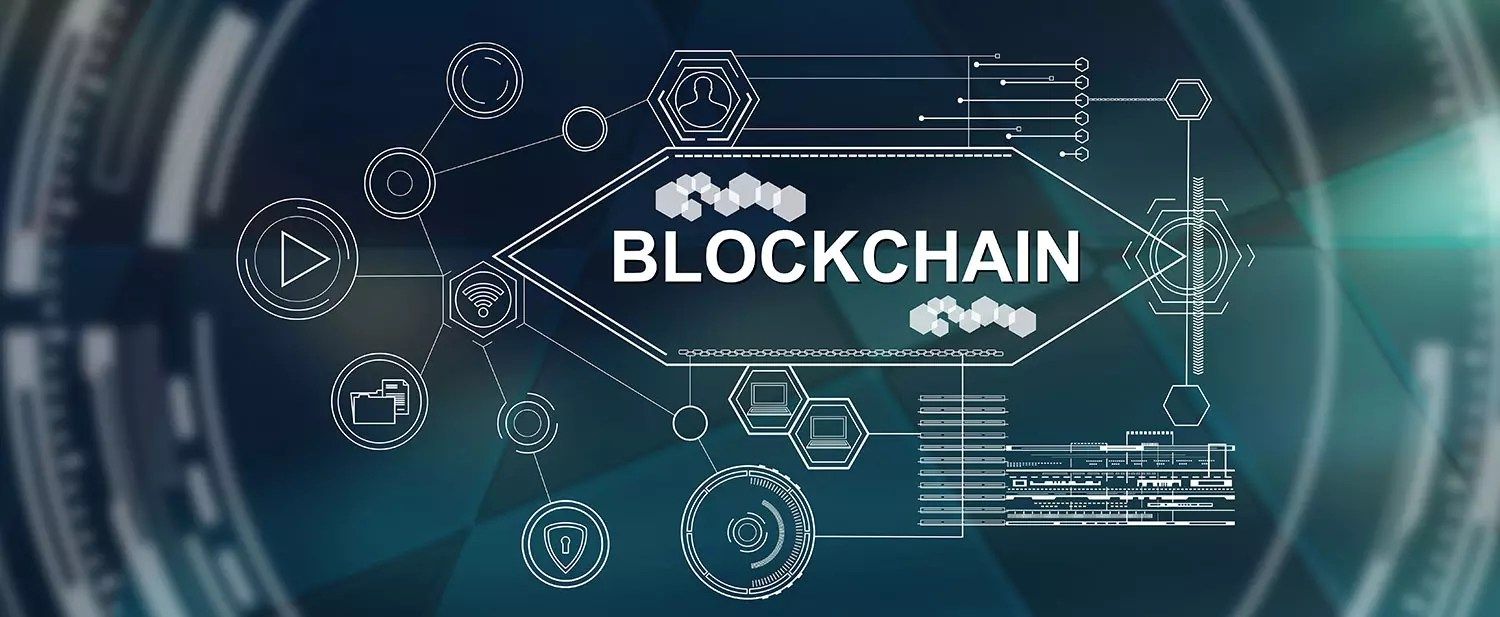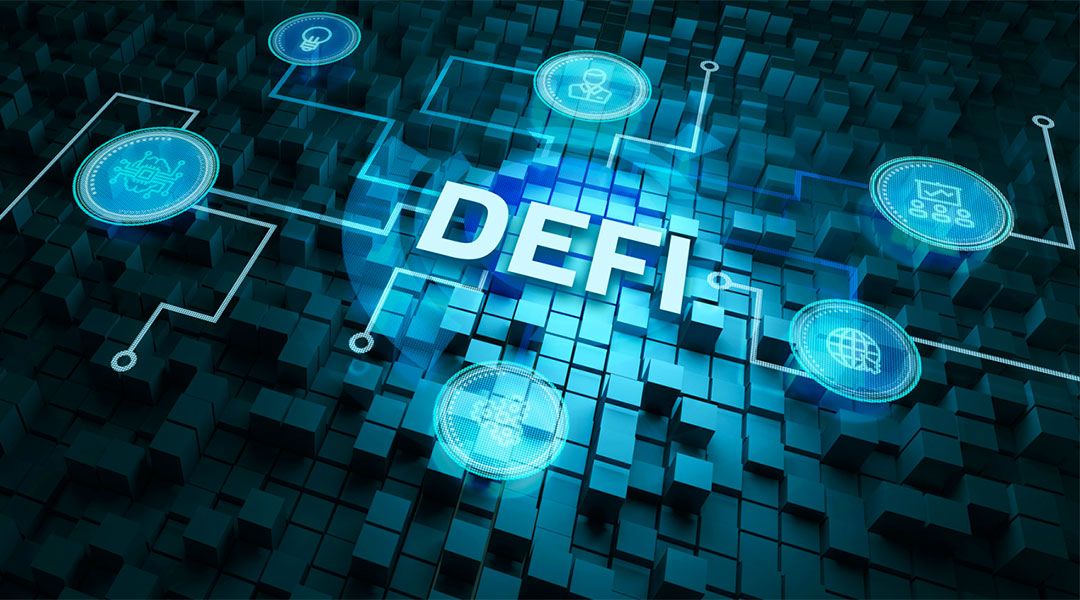3 Reasons Why You Should Not Use Blockchain in Your Organisation

For the past years, blockchain has been a huge buzzword. Especially after the crypto hype of 2017, organisations were convinced that they had to do something with blockchain. If only it was changing your company name to include blockchain in it. Although we have are in a bear crypto market, blockchain remains a buzzword.
It reminds me of 5 or 6 years ago, when big data was the buzzword of the days. Back then, every organisation thought they had to do something with big data, but they had no idea. There was even a famous slide stating: “Big Data is like teenage sex; everyone talks about it, nobody really knows how to do it, everyone thinks everyone else is doing it, so everyone claims they are doing it…” Fast-forward five years and big data is no longer a buzzword, but big data has become a pre-requisite to understand the environment and remain competitive. Big data analytics can be used in every part of your organisation.
Blockchain is different. Blockchain has the potential to fundamentally change industries. Every organisation can benefit from blockchain. However, blockchain cannot be used in every process or situation. Blockchain is useful in situations when there is a trust issue, and some kind of transaction takes place. For example, blockchain will be very relevant for the supply chain as multiple organisations who require a trusted environment need to perform transactions. However, If one of the two is not present, blockchain is not the solution.
3 Ways When Blockchain is Not the Solution
There are many reasons why blockchain can be used, but for many problems, blockchain is not the solution:
1. Blockchain does not work in isolation
First and foremost, blockchain only works when multiple organisations need to work together to achieve a common goal. When transactions need to take place within one organisation, not involving any external stakeholders, a (private) decentralised network is not the solution. Trust within an organisation can be achieved through different means. Applying a blockchain solution would be like using a piling machine to hit a nail.
The same applies to smart contracts to automate decision-making. That will only be useful if external stakeholders are involved. Otherwise, you can just use artificial intelligence.
2. Customisation is Blockchain’s enemy
When multiple organisations need to transact with each other and when there is a lack of trust, blockchain and smart contracts can be useful. For example, if I send tulips (being Dutch that is what you would do) to someone in the USA, we can use a smart contract to ensure that the buyer pays the right price for the right quality of the tulips. If we agree that the tulips have to remain between 10-14 degrees Celsius and the container becomes warmer, the quality of the tulips will deteriorate. In that case, if we use immutable sensor data, a smart contract could automatically result in a discount for the buyer.
Such transactions are simple and can be re-used over and over again. However, things change when transactions between two or more parties have to be highly customised and are constantly changing. In that case, creating a smart contract for every possible transaction becomes too much of a hassle. As a result, a blockchain solution would not be advisable.
3. If Your Require Fast Performance
One of the key challenges of blockchain technology is it is slow in terms of transactions per second. The scaling challenge has been mentioned over and over. Although solutions are coming, if you need to process millions of transactions per second, blockchain does not, yet, work.
Existing relational database solutions have proven themselves to be capable of running trillions of queries in a very short timeframe. If your organisation requires fast performance, even if you need to collaborate with multiple other organisations, blockchain is not the right solution. Of course, this might change in the (near) future when the technology is developed further, but for now, it is better to stick with centralised databases.
Final Thoughts
Blockchain is a fundamental technology that will bring a paradigm shift in how organisations collaborate. However, it is not a solution for all your problems. If you wish to benefit from blockchain technology, it is important to have a clear understanding of how the technology could help you solve your business problems. Especially, since the technology is still so new, it is recommended to know when to use blockchain and when not.
Image: thodonal88/Shutterstock





